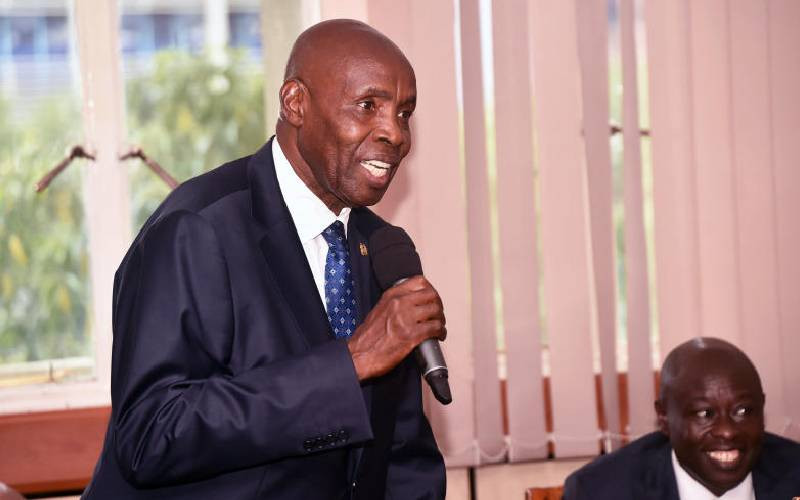×
The Standard e-Paper
Stay Informed, Even Offline

The interim report of the Presidential Working Party on Education Reforms offers a ray of hope for Kenyans adapting an educational model that would be cheap, affordable and accessible to all and sundry.
The recommendations in the provisional report demonstrate beyond doubt that the team is committed to creating an educational system and structure that supports and promotes knowledge-based curriculum.